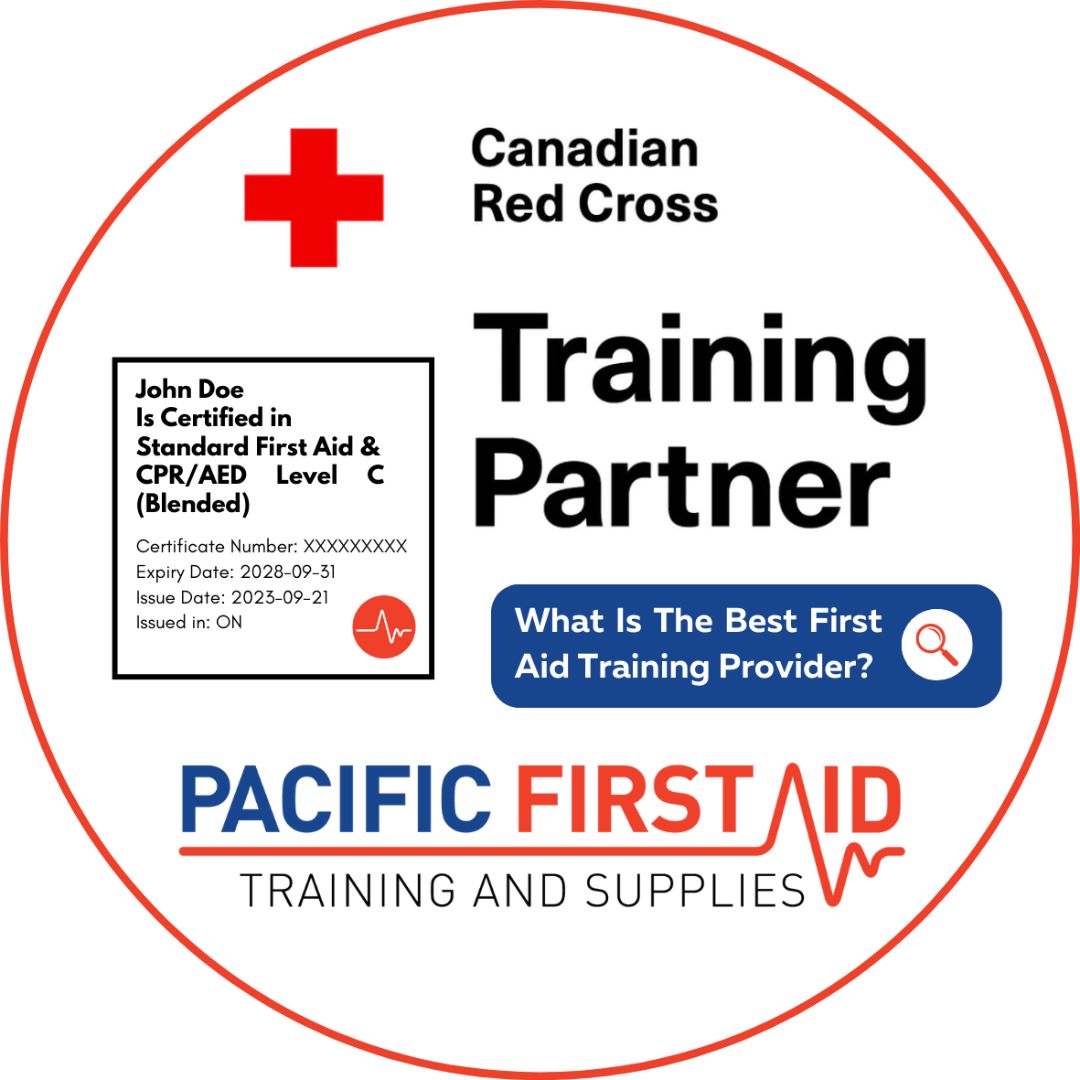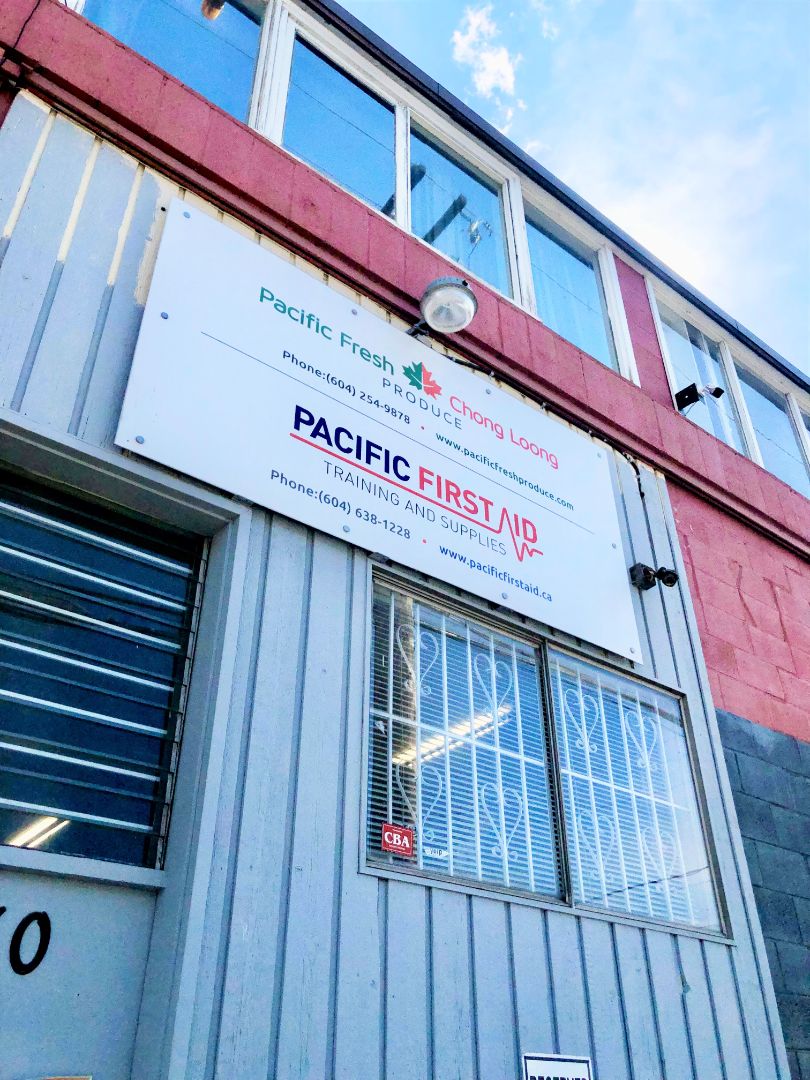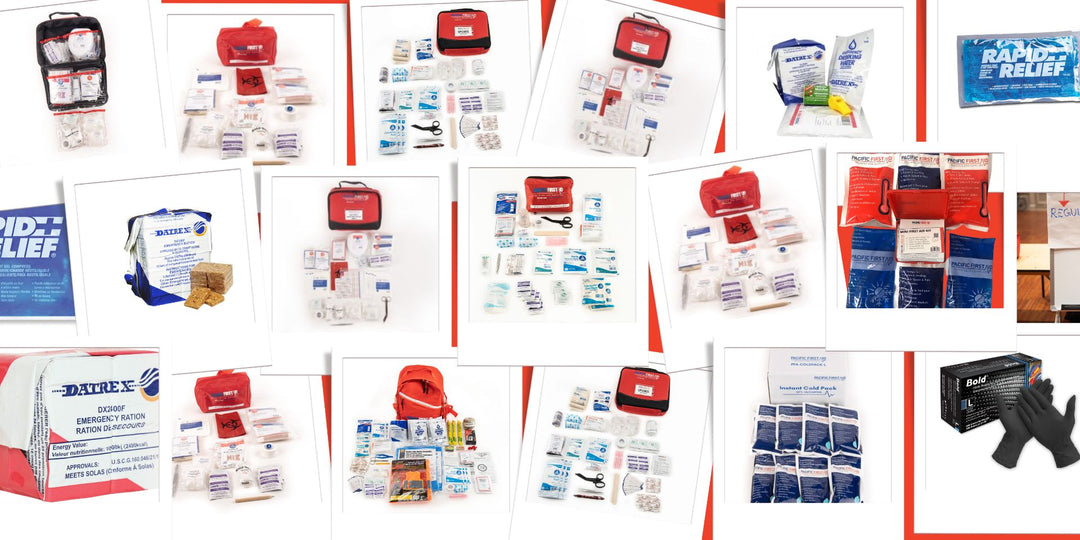
Safety precautions to take before heading to a remote area
If you’re an adventurer and enjoy off-road travel to remote locations, then make sure you take the extra time to prepare yourself. When heading to isolated destinations, you not only have to double check weather conditions and seasons, but you’ll most likely need extra equipment since you’ll be further away from civilization.
Thankfully there are a few things you can do before you embark on your next remote adventure.
To start:
Have a buddy system in place
In general, when you’re traveling to remote locations, it’s safer to go with at least one extra person. Should something happen and you get injured during, having an extra person with you will save you extra anxiety while you’re on the road. If you decide you want to take a solo trip, tell your loved ones of your exact location and how they can get in touch with you while you’re away.
Bring the proper equipment and supplies
Be prepared for any possible emergency that could happen. One of the best things you can do is create a first aid checklist and build your own travel first aid kit that’s catered for whatever sport, activity or destination you’re going to. If your adventure includes camping, biking, hiking or anything outdoorsy, make sure to pack for all weather extremes, especially if it’s expected to be colder outside. Bring extra layers, a thermal sleeping bag and pad, hat, gloves and waterproof hiking boots.
Before setting out for the day, week or even longer, make sure to bring:
• Bottled water
• Extra food and snacks (specifically foods that don’t require refrigeration such as trail mix, protein bars and beef jerky)
• A map of the area you’re going to
• First aid kit
• Flashlight
• Pocket knife
• Oxygen kits (for higher elevation)
Study your destination
Before leaving, do some advanced research and find out what health, safety and security precautions to take. You can also contact your travel agent or travel insurance provider for more information about the remote destination you’re going to.
Make sure you have a line of communication
Do your due diligence and tell your family and friends where you will be and what your itinerary looks like. If they don’t hear from you for an abnormal amount of time, they can cross check where you are according to your plan.
To be extra prepared, another thing you can do is review smartphone plans and SIM cards so you can text and call locally. It’s important to note that not all smartphones have the same coverage and reception. Eliminate any surprises by researching the cell phone connection in the area you’ll be visiting.
Closing thoughts
Before going on any trip, remote or not, it’s best to do your research and check out where you’re going, what you will need and what the conditions will be like. For more dangerous and gruelling trips, like backpacking locations, you can take a standard first aid course online to help prepare you for anything.
The better prepared you are, the more relaxed you’ll feel. A vacation in a remote location is supposed to allow you to disconnect and relieve you of stress and by taking these necessary precautions, you’ll be sure to have a great trip.






